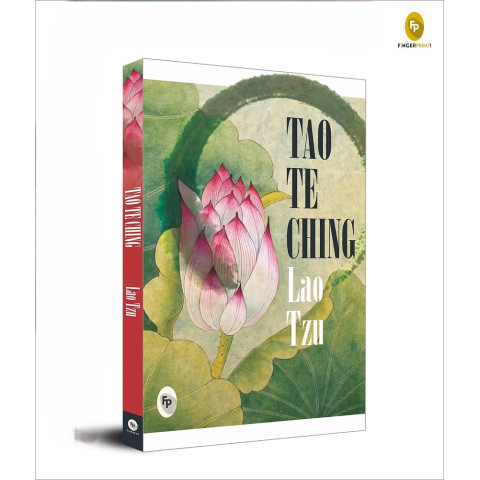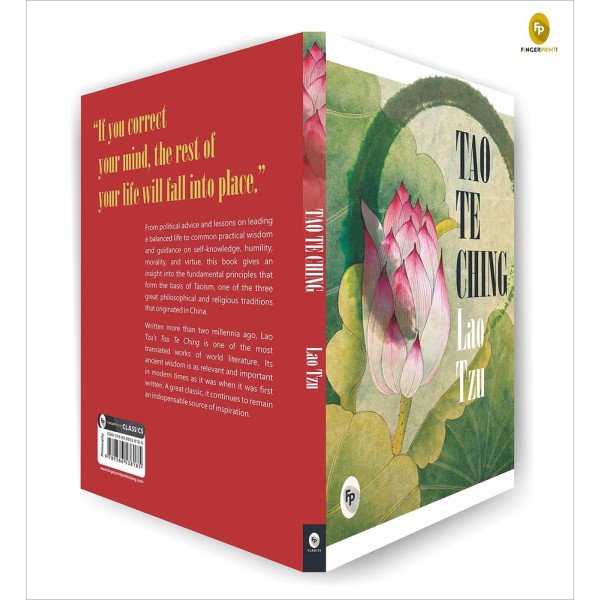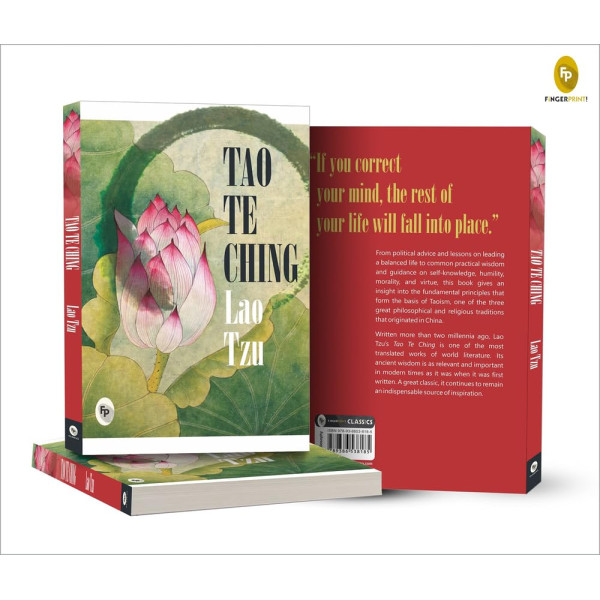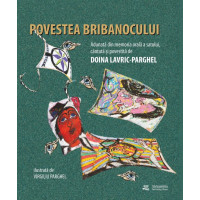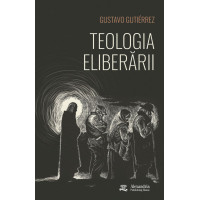From political advice and lessons on leading a balanced life to common practical wisdom and guidance on self-knowledge, humility, morality, and virtue, this book gives an insight into the fundamental principles that form the basis of Taoism, one of the three great philosophical and religious traditions that originated in China.
What the Tao Te Ching does, time and time again, is attempt to show us how we might see things if we could spend more time in awareness, and less in naming. "Practice not-doing, and everything will fall into place." This, from the third verse, sounds positively heretical to the work- and productivity-obsessed modern mind. Perhaps if we were more aware, we would worry less, and could see better what actually needs doing.
But the central thing the Tao Te Ching asks us to be aware of is not the world, but our self. Self-awareness. We all know the term, but do we really know what it means? "Love the world as your self; then you can care for all things," closes verse 13 of the Tao Te Ching. What would it be like to care for all things as much as we cared for our self?
